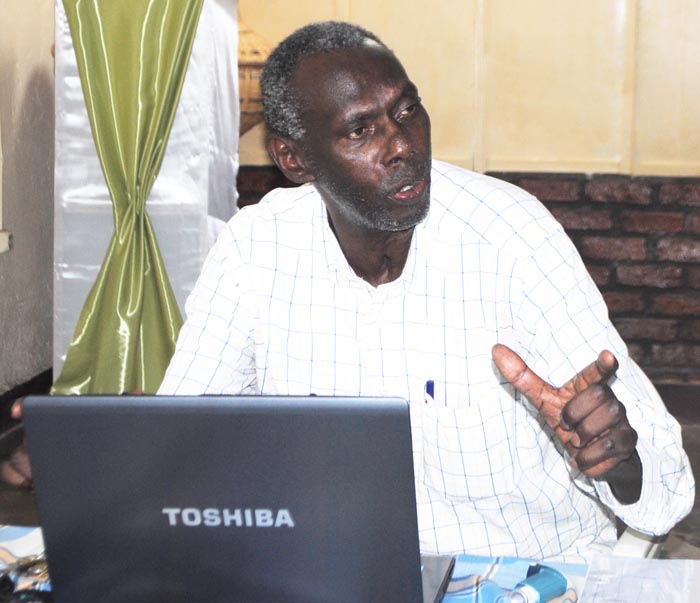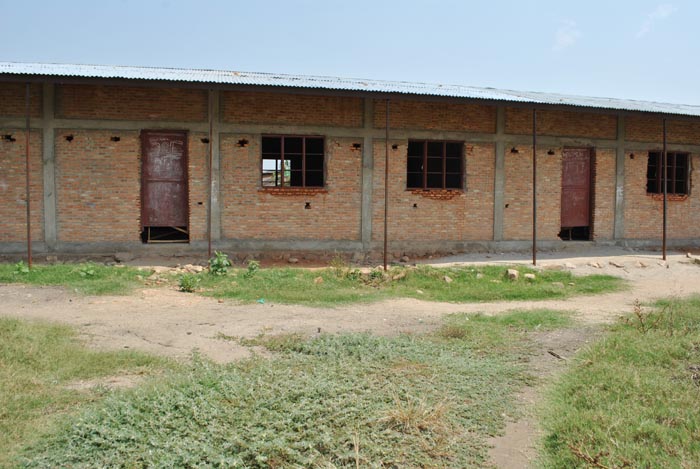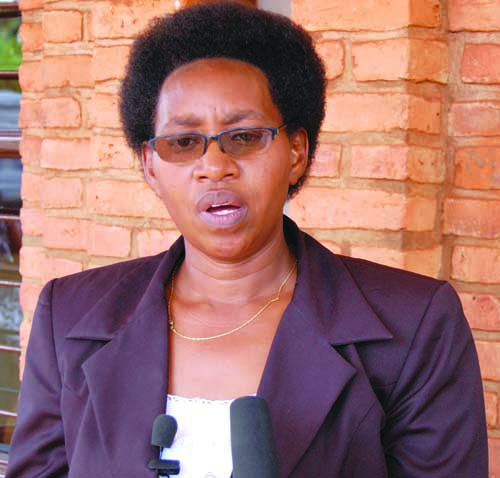The fundamental school system, some advantages and challenges after six months.-By Diane Uwimana

Antime Mivuba: “It would be better to begin with the first year of the first cycle instead of the Seventh.”©Iwacu
At the international level, a fundamental school must fulfil the increasing access and equity, quality improvement, learning pertinence as well as change processes.
Antime Mivuba, an educational expert, indicates that it is very early to notice the impact of fundamental school in Burundi. “It is very important to learn in nine years instead of six like before. Pupils will learn many things and have accessibility and equity. At the international level, partners are eager to work closely with Burundi to support the system”, says Mivuba. It is worth mentioning that the result comes out from a survey conducted in 11 provinces since the beginning of fundamental school. “The basic principles are respected except that teachers and agents from civil society Organisations are not involved”, points out Mivuba.
The number of teachers from the third cycle is enough (from the first year to the sixth one of the primary school) while in fourth one (from seventh year to ninth), there are only two teachers for 16 courses. “If one of them falls sick, it will be a huge problem to leave the class with one teacher”, notices Mivuba. Then, curricula will progressively be corrected. “During our survey, we have found that there is a lack of effective communication of the policy and assessment tools, teaching skills, equipment and the existence of the experimented step,” he enumerates. Therefore, at the forecasting level, the total figures for the first three cycles of the fundamental teaching will move from 1.829.385 pupils in 2010 to 2.000.715 in 2020. The completion rate will also move from 51.3% to 94% in the same period and the rate of repeated classes will decrease from 39.7% in 2010 to 8% in 2020.
“Step by step, the fundamental school will take root”
The lack of legal framework towards fundamental teaching is one of the challenges encountered during the survey. “It hasn’t yet been indicated anywhere that the teaching is a must and free”. Mivuba underlines that coherence, competencies, equipment, curricula of the fundamental teaching with its whole development, have begun at the end instead of starting from the beginning. “It would be better to begin with the first year of the first cycle instead of the seventh”, regrets Mivuba.
The same thought is shared by Eulalie Nibizi, the Chairperson of STEB (Burundi Teachers’ Trade Union). “Considering what the survey reveals, pupils from the first year of the first cycle risks being forgotten over the way the involved people focus on their full attention to the seventh year of the fundamental school”, underlines Nibizi. Mivuba suggests that the legal framework be implemented with the accompanied texts, training teachers, involving everybody specially parents and civil society organizations. “Then, they will look for equipment and set up appropriate laboratories and libraries to facilitate learning convenience,” adds Mivuba.
Nibizi urges that after fulfilling the above required recommendations, teachers will avoid going on strike because they will be well-treated and their security will be insured. It is important to let know that out of 2637 classrooms, only 40% were borrowed outside the school; 27.8% were unfinished in October while 32.2% of classrooms were attached to primary schools. Borrowed classrooms generally belong to communal or public schools.
















 IWACU Open Data
IWACU Open Data

